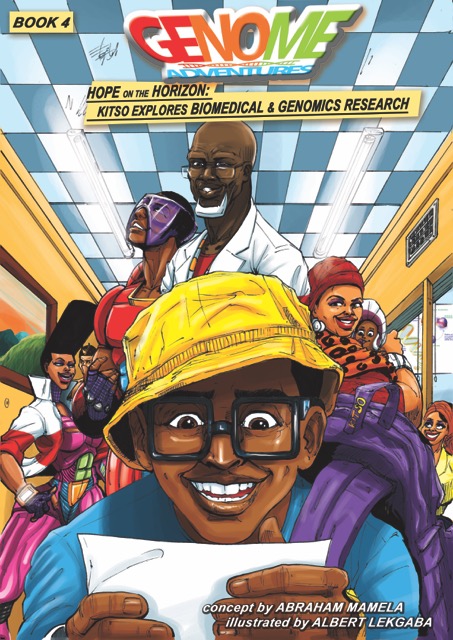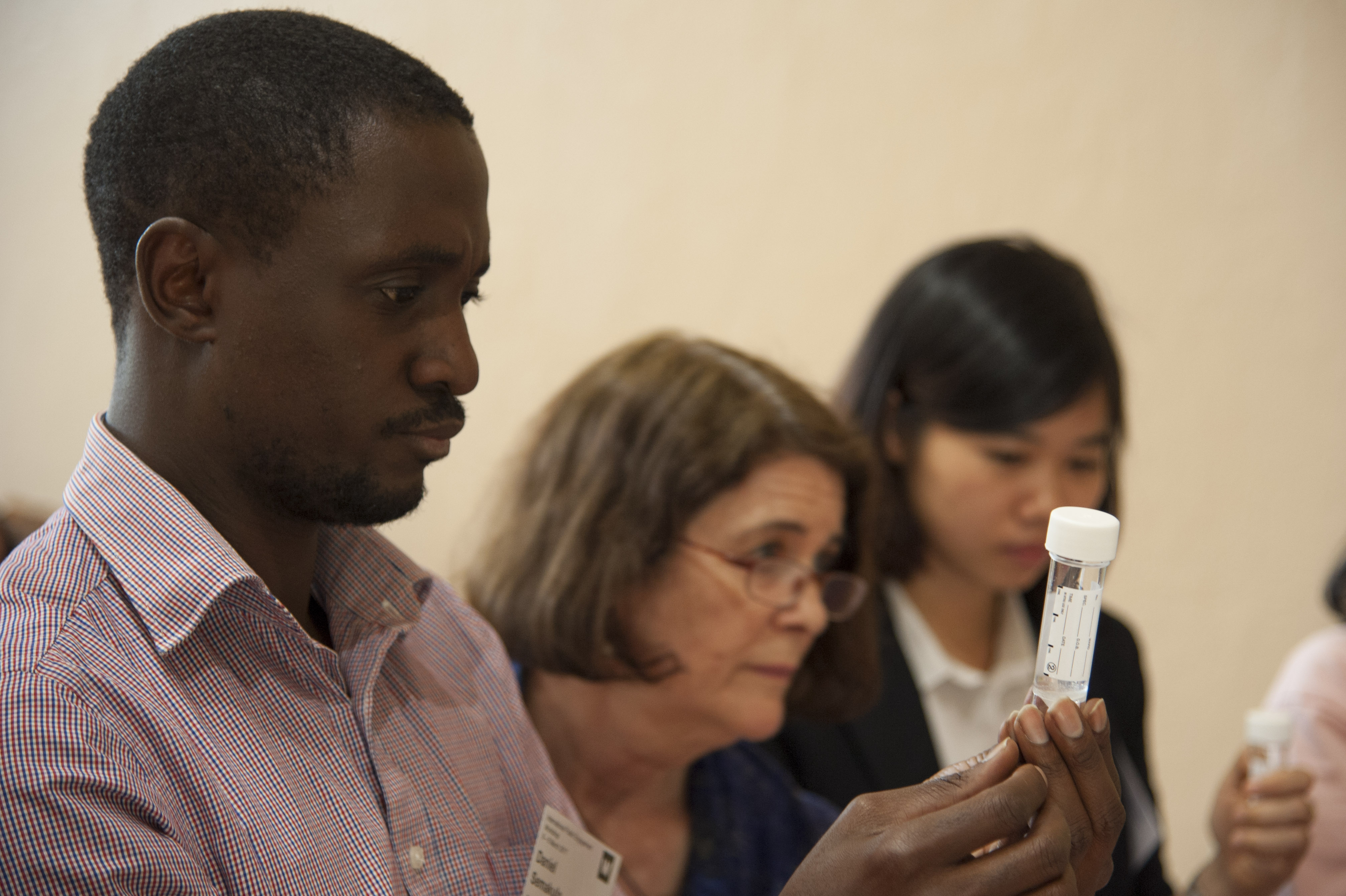Genetics and Genomics is a subject area which comes with many layers of complexity. The science itself is complex and the base level knowledge needed to understand its concepts can create a challenge for those engaging non-experts with it. But it also comes with other challenges, namely in the social, cultural and ethical complexities that it raises. Genomics defines families, and uncovering more about genetic disease in some contexts can lead to a marring of whole families with consequences for marriage opportunities or their integration into a community. Equally, understanding genomics can relieve social tensions, for example in removing the burden of blame solely from the mother when a child with a genetic disease is born to her. As such, when engaging communities with research in genomics great care has to be taken to ensure the context is understood and that the full effects of such engagement are anticipated. This page presents information and case studies on the work being done to engage communities with genetics and genomics. The focus is on Africa but the learning is applicable in many contexts.
Genomics Research and Engagement in Africa
Before 2000 there were very few genomic studies on African populations, research in genomics in Africa lagged behind only excelling in isolated centres of excellence. Since then, genomics research has leapt forwards and initiatives exploring African genetic diversity in health and disease have thrived. These include:
- The African Society of Human Genetics (AfSHG)
- H3Africa
- African genome variation project (Sanger Institute)
- MalariaGEN
- Biobank cohort building Network (BcNet)
- Bridging Biobanking & Biomedical research across Africa & Europe (B3Africa)
In all of these initiatives there are concerted efforts to engage communities with genetics and genomics research but there is still much learning to be done.
Case Studies - Engaging with Genetics and Genomics in Africa

Community Engagement across the H3 Africa Consortium, Africa-wide
The Human Heredity and Health in Africa (H3Africa) Consortium, a pan-African network which seeks to develop capacity for health-related genomic research in Africa, has identified community engagement (CE) as one of the key issues that need to be addressed to support the successful implementation of genomic studies in Africa. This article outlines the complexities of doing so.
Genome Adventures, Botswana
Genome Adventures engages the general public, in particular school students, in Botswana with genomics and biomedical research through narrative and metaphor in a comic book series.
Engagement in the TrypanoGEN Project, Africa-wide
This article outlines the key challenges and approaches of engaging communities with the TrypanoGEN research project - looking at genetic susceptibility to Human African Trypanosomiasis (HAT) or "sleeping sickness".
mGenAfrica, Africa-wide
mGenAfrica is an internet-based platform and mobile application designed to promote engagement between research staff in genomics and other health research fields with high school learners (16-19 year olds).
Case Studies - Engaging with Genetics and Genomics in the UK

Method in Motion, UK
Method in Motion from the Wellcome Trust Centre for Human Genetics, UK, is a project that translated researcher Irina Pulyakhina's work on understanding the mechanism of ankylosing spondylitis (AS) - a chronic inflammatory disease with strong genetic predisposition - into a piece of contemporary dance.
A Question of Taste - Hands-on Demonstration of Genomics, UK
A hands-on activity using DNA extraction designed to educate and engage people with key concepts in genomics.
Further Reading
Exploring the use of Metaphor in Genomics
This presentation and group exercise explores the role of metaphor and language in public engagement with genomics, using a creative group approach to reflect on the cultural contexts of genomics.
An Informal Learning Model of Genetic and Genomic Education
This paper explores the development and evaluation of a community model of informal genomic education that is culturally and educationally appropriate for low-literacy Latino adults born in Mexico and Central America (MCA).
The content on this page forms part of the online report for the 2017 International Engagement Workshop "It's Complicated: navigating scientific complexity in public and community engagement". To learn more about the workshop, access the rest of the report and browse the video presentations, discussion summaries, and tools made available from it, visit the workshop page.
This work, unless stated otherwise, is licensed under a Creative Commons Attribution 4.0 International License

